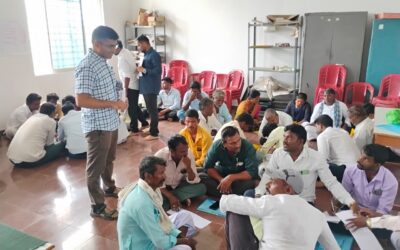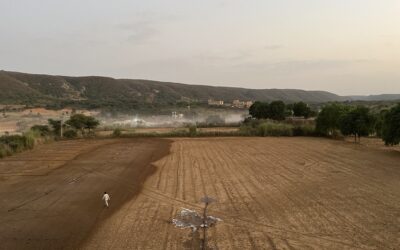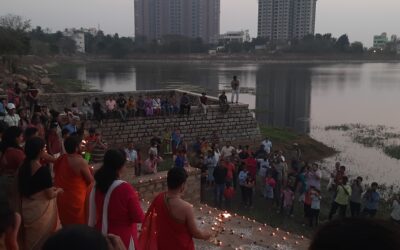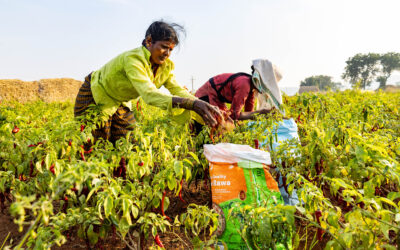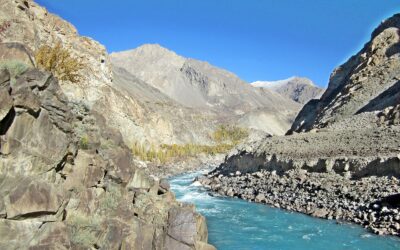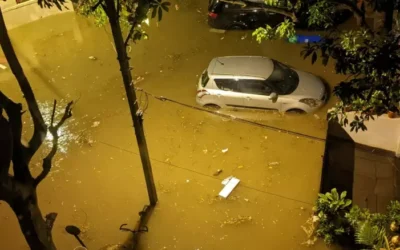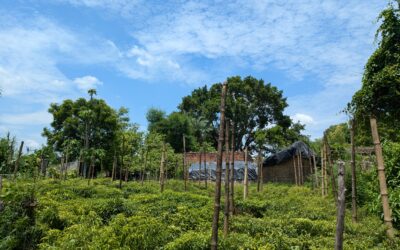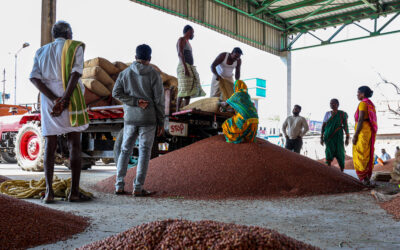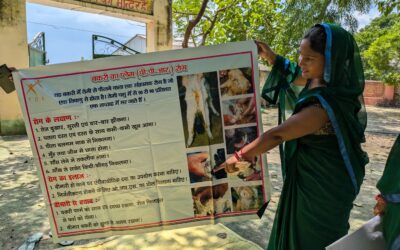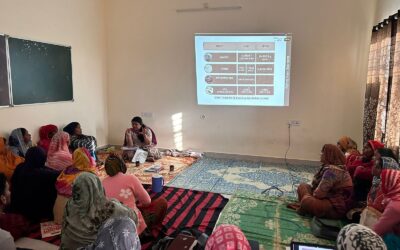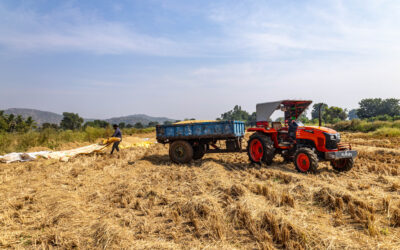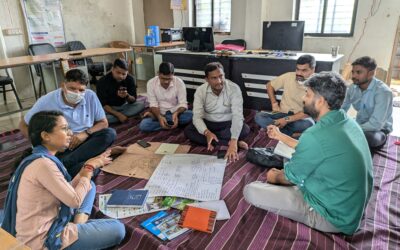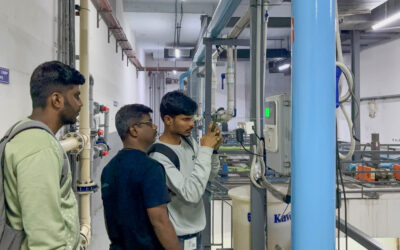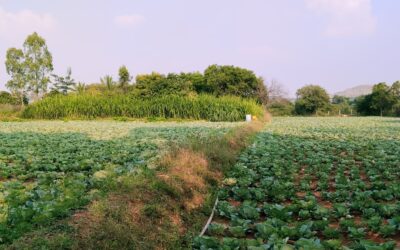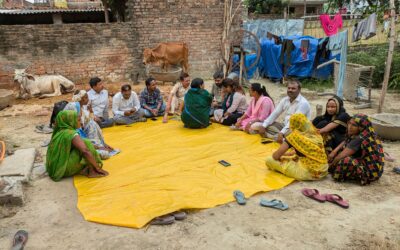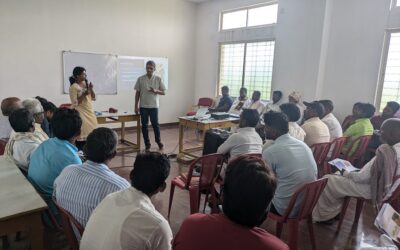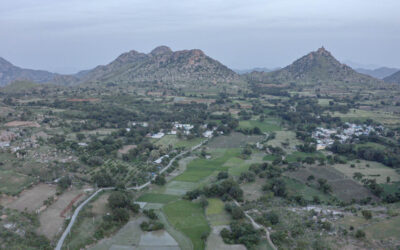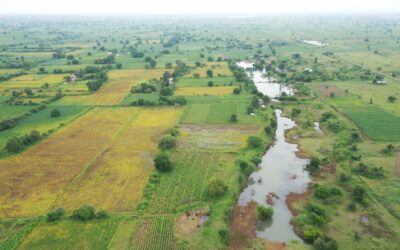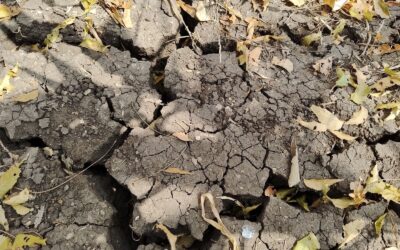Blogs & Op-eds
Urban Water
Rural Futures
Technical Consulting
Platforms and Partnerships
Futures Research
From Science to Strategy: A Community Approach to Hydrology
The community hydrology programme empowers local communities to take charge of water management through citizen science and grassroots governance. This blog documents the third workshop in the programme that focused on water budgeting and water balance estimations.
Mapping Water, Building Ownership: A Ground-Up Approach to Water Governance
Introducing a tech component to participatory rural appraisal has changed how farmers engage with the process.
Low-Cost, High-Impact: How Communities Can Monitor Their Water Futures
This simple, low-cost water balance method helps improve understanding of how effectively a percolation tank recharges groundwater.
Celebrating Nature and Community: The Spirit of ‘Kere Connect Habba’
Friends of Lakes and India Cares Foundation are organising Kere Connect Habbas, or lake festivals, around the lakes of Bengaluru, to foster connection and engagement between a lake and its community
Raichur at the Crossroads: Gender-Sensitive Strategies for Sustainable Rural Labour
Published in The Federal
India’s Share of Indus Waters Can Recharge Punjab Aquifers
Published in Hindustan Times
Bring Back Nature to Bengaluru’s Rescue
Published in Deccan Herald
Success Stories from the Green Rural Economy Initiative
We foster collaboration between social-sector organisations, enabling them to better address the challenges they face and expand their sphere of impact. This has benefitted organisations working on agriculture, waste management, and livelihoods, among other issues
From Doubts to Direction: How ‘Clinics’ for the Social Sector Can Spark Action and Collaboration
Clinics are virtual or offline sessions that promote knowledge-exchange between two groups: experts from an organisation or enterprise and people seeking solutions in the domain of rural livelihoods
The Social Sector Has a Scale Problem. Here’s How We Can Solve It
Build, operate and transfer models, master trainers, chatbots, call centres, and secondment can help the social sector effectively scale solutions
Downloading the Expert’s Brain: How to Decode Knowledge and Encode it into Solutions
Development practitioners sit atop a wealth of knowledge that goes undocumented. The Green Rural Economy is trying to make this more accessible.
How Can Social-Sector Organisations Find Solutions to Pressing Challenges?
The Green Rural Economy team experimented with various approaches to ensure social-sector organisations receive the help they need
Lessons from Netflix Matchmaker ‘Sima Aunty’ for Nonprofits
How nonprofits can find effective solutions to grassroots challenges and propagate these solutions to newer contexts
How Can We Engage Communities to Conserve Water in Bengaluru?
The Green Star Challenge promotes water sustainability in Bengaluru by acknowledging and promoting communities’ and institutions’ conservation efforts
Crop Diversification: A Win-Win Approach for Farmers and the Environment
Crop diversification could be the key to economic and environmental resilience amid climate change and market volatility. Meet farmers from Chikkaballapur, Karnataka seeding a more sustainable future.
The Green Rural Economy Initiative: ‘Servicifying’ the Social Sector
Building a service-ready rural economy by enabling knowledge-sharing, breaking rigid solution models, and connecting grassroots problem solvers with seekers.
Bridging Knowledge and Action: The Community Hydrology Approach
WELL Labs’ community hydrology programme addresses the critical gap between the scientific study of hydrology and its practical applications for water management in Karnataka’s semi-arid regions.
Transforming Rainfed Agriculture with Groundwater Collectivisation
WELL Labs and Environmental Defense Fund are assessing a groundwater collectivisation programme designed to promote equitable and resilient management of shared water resources.
Can Recharge Pits Address Waterlogging and Drought in Marathwada? | Initial Insights
Recharge pits aim to tackle waterlogging and groundwater recharge in Jalna’s black soil regions, but design improvements are critical for sustained impact.
Unpredictable Rainfall Makes Farming in Marathwada Even Harder
Published in The Hindu

